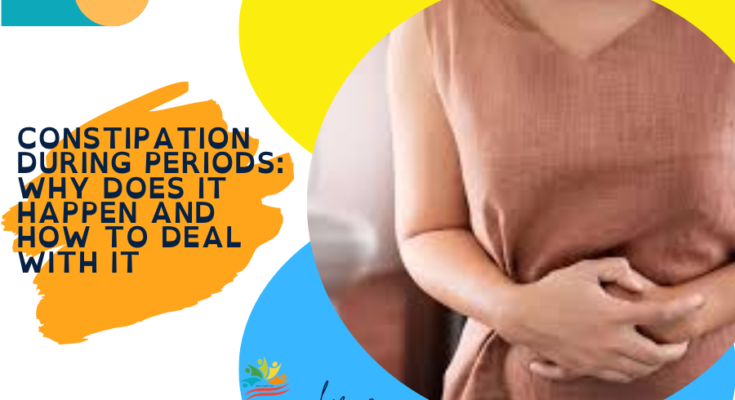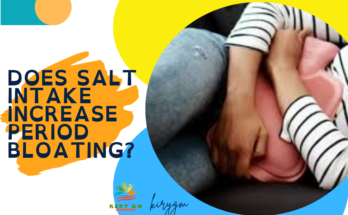Constipation during periods is a common issue that many menstruating individuals experience. It can be uncomfortable and frustrating, adding to the discomfort already associated with menstrual cramps and other symptoms. Understanding why constipation occurs during periods and learning how to deal with it effectively can help alleviate this unpleasant symptom.
Why Does Constipation Happen During Periods?
There are several reasons why constipation may occur during periods:
Hormonal Changes: Hormonal fluctuations, particularly changes in estrogen and progesterone levels, can affect the digestive system and slow down bowel movements. This can lead to constipation during the menstrual cycle.
Prostaglandins: Prostaglandins, hormone-like substances produced by the uterus, play a role in triggering uterine contractions to shed the uterine lining during menstruation. However, high levels of prostaglandins can also affect the intestines, leading to changes in bowel movements and constipation.
Fluid Retention: Some individuals may experience water retention or bloating during their periods, which can also affect the digestive system and contribute to constipation.
Pain Medications: Over-the-counter pain relievers commonly used to alleviate menstrual cramps, such as ibuprofen, can have constipating effects for some people.
How to Deal With Constipation During Periods
Fortunately, there are several strategies you can try to help alleviate constipation during your period:
1. Stay Hydrated: Drinking plenty of water is essential for maintaining regular bowel movements. Aim to drink at least 8-10 glasses of water per day, especially during your period, to help soften stools and promote bowel movements.
2. Eat Fiber-Rich Foods: Fiber helps add bulk to stool and promotes regular bowel movements. Include plenty of fiber-rich foods in your diet, such as fruits, vegetables, whole grains, legumes, and nuts. Aim for at least 25-30 grams of fiber per day.
3. Stay Active: Regular physical activity can help stimulate bowel movements and alleviate constipation. Try to incorporate gentle exercise into your daily routine, such as walking, yoga, or cycling, to keep your digestive system moving.
4. Manage Stress: Stress can worsen digestive issues, including constipation. Practice relaxation techniques such as deep breathing, meditation, or mindfulness to help reduce stress levels and promote healthy digestion.
5. Avoid Trigger Foods: Certain foods and beverages, such as dairy products, processed foods, and caffeine, can contribute to constipation. Pay attention to how your body responds to different foods and try to limit or avoid those that exacerbate constipation.
6. Use Over-the-Counter Remedies: If constipation persists, over-the-counter laxatives or stool softeners may provide relief. However, it’s essential to use these medications cautiously and consult with a healthcare professional if you have any concerns.
7. Consider Magnesium Supplements: Magnesium is a mineral that can help relax muscles and regulate bowel movements. Taking magnesium supplements or eating magnesium-rich foods, such as leafy greens, nuts, seeds, and whole grains, may help alleviate constipation.
Conclusion
Constipation during periods is a common issue that many people experience, but it can often be managed with simple lifestyle changes and home remedies. By staying hydrated, eating a fiber-rich diet, staying active, managing stress, and avoiding trigger foods, you can help alleviate constipation and promote healthy digestion during your period. If constipation persists or becomes severe, it’s important to consult with a healthcare professional for further evaluation and treatment options.




